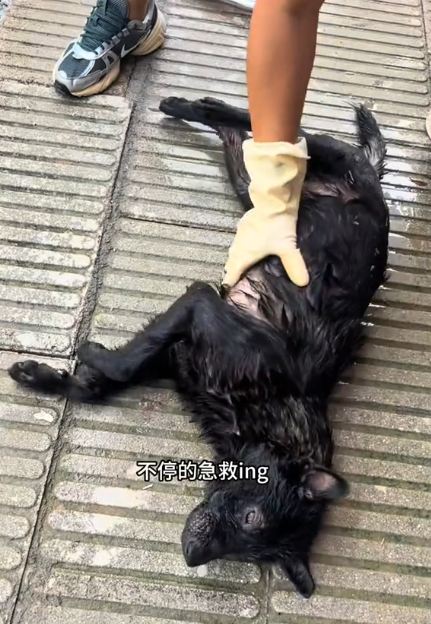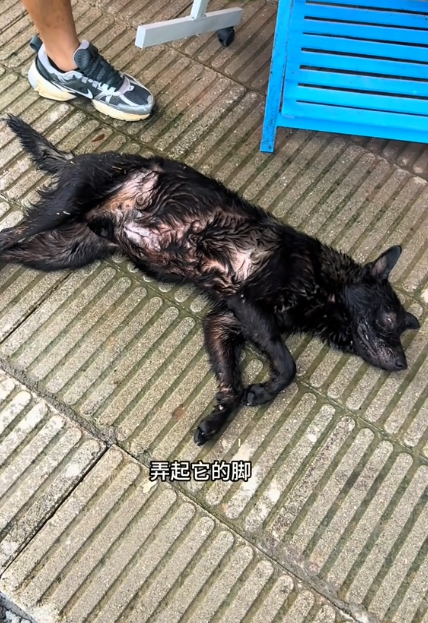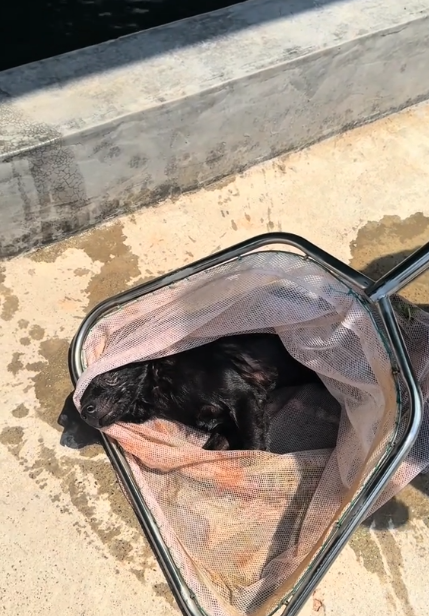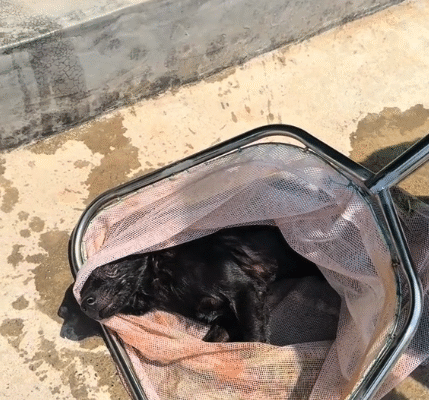
The dawn had barely broken over the quiet fishing village when I set out toward the shrimp farm. The air was cool and heavy with the scent of saltwater drifting in from the sea. My boots crunched softly against the gravel path as I walked, each step carrying me closer to the little wooden building that served as my storage shed and work station.
It was a routine I knew well. I’d been away for two days visiting my sister in town, leaving the farm under the care of my cousin Vann. He’s reliable enough, but shrimp farming is tricky — pumps fail, oxygen levels drop, and predators sometimes find their way in. I’d been itching to come back and see for myself how things were going.
The sky was painted in faint shades of peach and gold when I arrived. The farm spread out before me: a patchwork of rectangular ponds, each shimmering with the faint ripples of shrimp moving beneath the surface. Everything seemed quiet. Too quiet. The hum of the aerators was there, steady as always, but there was an odd stillness in the air.
I walked up to the storage shed — the one I always kept locked — and slid the key into the rusted padlock. My fingers hesitated for a moment. Something felt… off. The ground near the door was scuffed with fresh footprints, and there was a faint, fishy smell much stronger than usual.
I turned the key, pushed the door open, and froze.
There, sitting in the middle of the room on an overturned bucket, was a boy I had never seen before. He looked about twelve, thin as a reed, his shirt stained with mud and his hair sticking up like he’d been sleeping rough. In his lap was one of my shrimp traps, and inside it — still alive — was a massive tiger shrimp, easily the size of my hand.
The boy’s eyes widened when he saw me. He sprang up, nearly dropping the trap, and for a split second I thought he’d bolt out the back door.
“Wait,” I said, holding up my hand. My voice came out calmer than I felt. “Who are you?”
He stood there trembling, gripping the trap as if it were a lifeline. “I… I didn’t take anything,” he stammered. “I was just… looking.”
“Looking?” I repeated. My eyes flicked to the corner, where two more traps sat, each holding shrimp that had been taken from one of the ponds. The water on the floor told me they were fresh catches, maybe from just before dawn.

The boy’s gaze followed mine, and his face flushed. “I was hungry,” he admitted, his voice barely more than a whisper.
I studied him for a long moment. His bare feet were caked in mud, his knees scraped, and there was an old, fraying bag sitting by the wall with what looked like a few clothes and a broken water bottle inside.
“Where are your parents?” I asked.
He shifted uncomfortably. “My father… he went to Thailand for work last year. My mother got sick, and… I live with my uncle now. But he drinks. A lot.” He bit his lip. “I ran away yesterday.”
I let out a slow breath. The shrimp farm had seen its share of problems — equipment breakdowns, market price drops, even the occasional thief. But this wasn’t some hardened criminal. This was just a boy trying to survive.
Still, I couldn’t ignore the fact that he had trespassed and taken from my farm.
“What’s your name?” I asked.
“Sokha,” he said, glancing at the door as if calculating his chances of making a run for it.
I nodded toward the traps. “Put them back in the pond.”
His eyes widened in surprise. “You’re not… angry?”
“Oh, I’m angry,” I said. “But not in the way you think. These shrimp take months to raise. They’re my livelihood. But stealing them isn’t going to fix your problems.”
He swallowed hard, then bent down and carefully lifted the traps. I walked with him out to the nearest pond, watching as he knelt and released each shrimp back into the water. They darted away instantly, their whiskers vanishing into the green depths.
When we returned to the shed, I handed him a small plastic container filled with rice and dried fish from my lunchbox. “Eat,” I said.
He hesitated, then sat on the bucket again and dug in. The way he ate — fast, almost desperate — told me everything I needed to know.
While he ate, I asked him more questions. He told me he’d been sleeping near the docks, sometimes under the fishing boats, sometimes in abandoned huts. He hadn’t been to school since last year. The more he talked, the clearer it became: this boy had fallen through the cracks, unnoticed by almost everyone.
When he finished eating, I leaned against the doorway and said, “Sokha, you can’t keep stealing. But… if you want, you can work here.”
His head snapped up. “Work?”

“Yes. Feed the shrimp, clean the nets, help me check the water pumps. I can give you meals and a safe place to sleep in the storage loft.”
For a moment, he just stared at me, as if trying to decide whether I was serious. “Why would you… help me?”
I shrugged. “Someone helped me once, when I had nothing. It’s only fair I pass it on.”
His eyes glistened, but he quickly looked down. “I’ll work hard,” he said quietly.
And so began an unexpected partnership. Over the next weeks, Sokha learned how to mix shrimp feed, how to spot signs of disease in the ponds, and how to fix the small mechanical issues that often cropped up with the aerators. He was quick, attentive, and surprisingly strong for his size.
He laughed more, too — a bright, unguarded sound I hadn’t heard that first morning. Sometimes, in the evenings, we’d sit by the water with bowls of noodle soup, watching the sun sink into the horizon, the ponds reflecting the fiery sky.
One day, while hauling a sack of feed, Sokha said, “You know… the morning you found me, I thought you were going to yell at me. Or take me to the police.”
I smiled faintly. “I thought about it.”
He chuckled. “I’m glad you didn’t.”
“Me too,” I said.
Looking back now, I realize that early morning — when I returned to the shrimp farm, opened the door, and saw that frightened, muddy boy — changed more than just his life. It changed mine, too. The farm feels less lonely with him here.
Sometimes, in the soft pre-dawn light, I think about the shrimp gliding silently beneath the surface of the ponds, and about how one small act of compassion can ripple outward like water, touching places you never expect.
And I know, deep down, that this was never just about shrimp.
It was about finding something — someone — worth holding onto.



